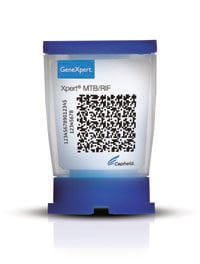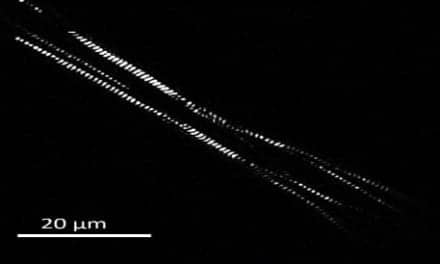The University of Athens and Attikon University Hospital in Greece recently presented results from their work with the Parsortix system from Angle Plc in head and neck squamous cell carcinomas at the American Association for Cancer Research conference in Washington DC.
The results show that in a study of 40 cancer patients, the Parsortix system demonstrated higher sensitivity and greater purity in harvesting circulating tumor cells (CTCs) for analysis than leading alternative approaches. Information regarding the expression of key genes (including PD-L1 and CK-19) could be determined from simple blood samples taken from each patient. In parallel, identical samples from each patient were assessed using antibody-based (EpCAM-dependent) approaches. These approaches failed to detect PD-L1 or CK-19 in any of the 40 samples.
The University of Athens work suggest that, for the first time, it might be possible to assess gene expression of head and neck cancers using a Parsortix non-invasive liquid biopsy. Gene expression of biomarkers such as PD-L1 provides key information regarding likely patient response to immunotherapies and has the potential to be of significant clinical importance for the therapy selection and follow-up of patients.
Head and neck cancer is the sixth most common cancer worldwide with more than 600,000 new patients diagnosed annually, resulting in more than 350,000 deaths every year. More than 90% of head and neck cancers are squamous cell carcinomas (HNSCC), which account for 5–10% of all new cancer cases in Europe and North America.
“The low epithelial cell adhesion molecule (EpCAM) expression in head and neck cancer has previously prevented us from liquid biopsy analysis,” says Evi Lianidou, PhD, head of the molecular diagnostics laboratory at University of Athens. “The Parsortix system’s epitope independence, high sensitivity, and purity now makes this possible. Our results show excellent RNA quality and the potential to analyze a simple blood test to provide key gene expression information.”
“The advantages of the Parsortix system, in head and neck cancer, over the existing antibody-based approaches increases the market opportunity available to Angle,” says Andrew Newland, founder and CEO of Angle. “The University of Athens is a leader in CTC research, and the successful completion of this work by a customer validates a key element of our roll-out strategy of using research-use sales to drive the development of clinical applications for the Parsortix system.”






